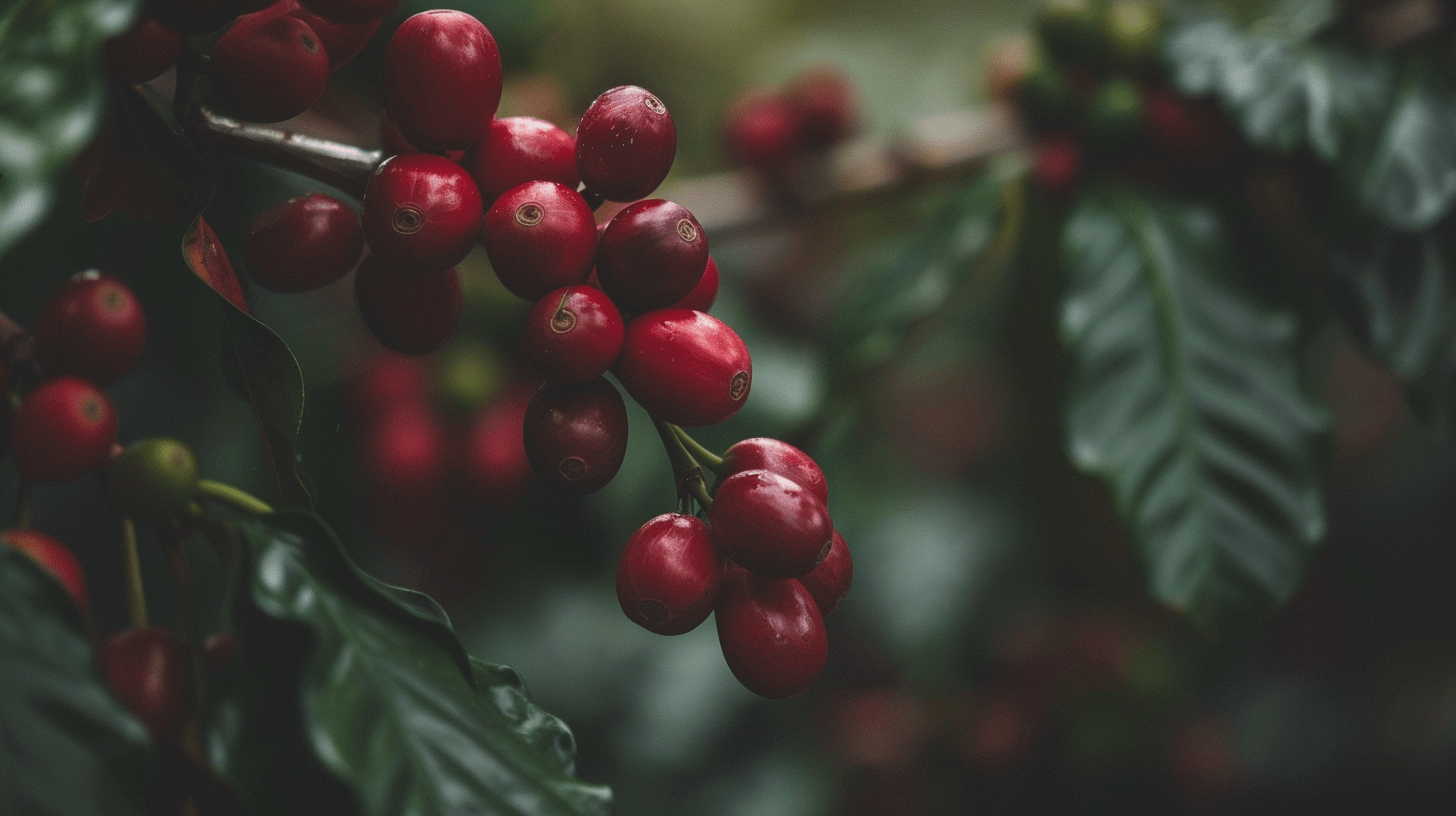Exploring the Hidden Sustainable Benefits of Specialty Coffee
This challenge explores the sustainable and social benefits of specialty coffee, from micro-lot farming to community initiatives, highlighting its impact on the environment and livelihoods.

How is Specialty Coffee Produced
The journey of specialty coffee is one of precision, care, and dedication to quality. Each stage in the process is crafted to enhance the natural characteristics of the coffee bean, bringing out its unique flavors and aromas. Here’s a closer look at how specialty coffee is produced, from selective harvesting to the final, satisfying sip.
Selective Harvesting: Picking Only the Best
The first step in creating specialty coffee is selective harvesting. Unlike large-scale coffee production, where beans are often machine-harvested, specialty coffee beans are carefully hand-picked at their peak ripeness. This labor-intensive process ensures that only the finest coffee cherries—those that are perfectly mature—are selected.
By picking at the optimal time, farmers can maintain the highest possible quality, flavor, and consistency of the coffee. Selective harvesting is crucial for creating the distinctive flavor profile that defines specialty coffee.

Meticulous Processing: Preserving Natural Flavors
Once harvested, the coffee cherries undergo meticulous processing to retain and enhance their natural flavors. Specialty coffee processing methods vary but are chosen based on the coffee’s variety, climate, and desired flavor outcome.
Common processing methods include:
- Washed Process: The cherry pulp is removed before drying, which highlights the coffee's intrinsic flavors and brightness.
- Honey Process: Partially removes the pulp, leaving some mucilage, which creates a sweeter, fuller-bodied profile.
- Natural Process: The cherries are dried with the pulp intact, producing a rich, fruity flavor.
Each method affects the final taste, with specialty coffee farmers selecting the technique that best complements the bean’s natural profile.
Drying and Sorting: Ensuring Consistency
After processing, the coffee beans are carefully dried, usually on raised beds or patios, allowing air to circulate evenly around each bean. Proper drying is essential for maintaining the coffee’s quality and preventing unwanted fermentation.
Once dried, the beans are sorted to remove any defects or inconsistencies. Only the beans that meet the high standards for color, size, and density move forward. This attention to detail is another reason why specialty coffee is prized for its consistency and exceptional taste.
Small-Batch Roasting: Bringing Out Unique Flavors
The roasting stage is where the coffee’s true potential is unlocked. Specialty coffee beans are roasted in small batches, which allows roasters to control the temperature and time precisely, bringing out the distinct flavors of each variety. Roasters often experiment with different roast profiles, carefully adjusting factors like time and temperature to highlight specific tasting notes, whether they be fruity, floral, chocolatey, or nutty.
Small-batch roasting emphasizes the unique qualities of each batch, creating a richer and more complex flavor experience for the drinker.

Quality Control and Grading: Ensuring Top Standards
After roasting, specialty coffee undergoes a rigorous quality control process. Certified coffee tasters, known as Q graders, evaluate the beans on a 100-point scale set by the Specialty Coffee Association (SCA). Attributes like aroma, flavor, acidity, body, and aftertaste are all assessed to ensure the coffee meets the highest quality standards.
For coffee to be classified as specialty, it must score at least 80 points. This grading process guarantees that only the best beans reach the market, ensuring consistency in taste and quality.
Brewing and Enjoyment: The Final Step
The last step in the specialty coffee process is brewing, which plays a crucial role in showcasing the coffee’s full complexity. Precision brewing methods, such as pour-over, Chemex, and espresso, allow for better extraction of flavors, ensuring that the unique qualities of each bean come through.
Whether it’s a single-origin espresso with vibrant acidity or a pour-over highlighting delicate floral notes, the brewing method allows the drinker to experience the coffee's true character.
The specialty coffee process is centered around preserving and enhancing the bean’s natural attributes from farm to cup. Each step, from selective harvesting to small-batch roasting and precise brewing, is tailored to bring out the best in each bean. This artisanal approach ensures that specialty coffee delivers an exceptional, flavorful experience while upholding high standards of quality and sustainability.